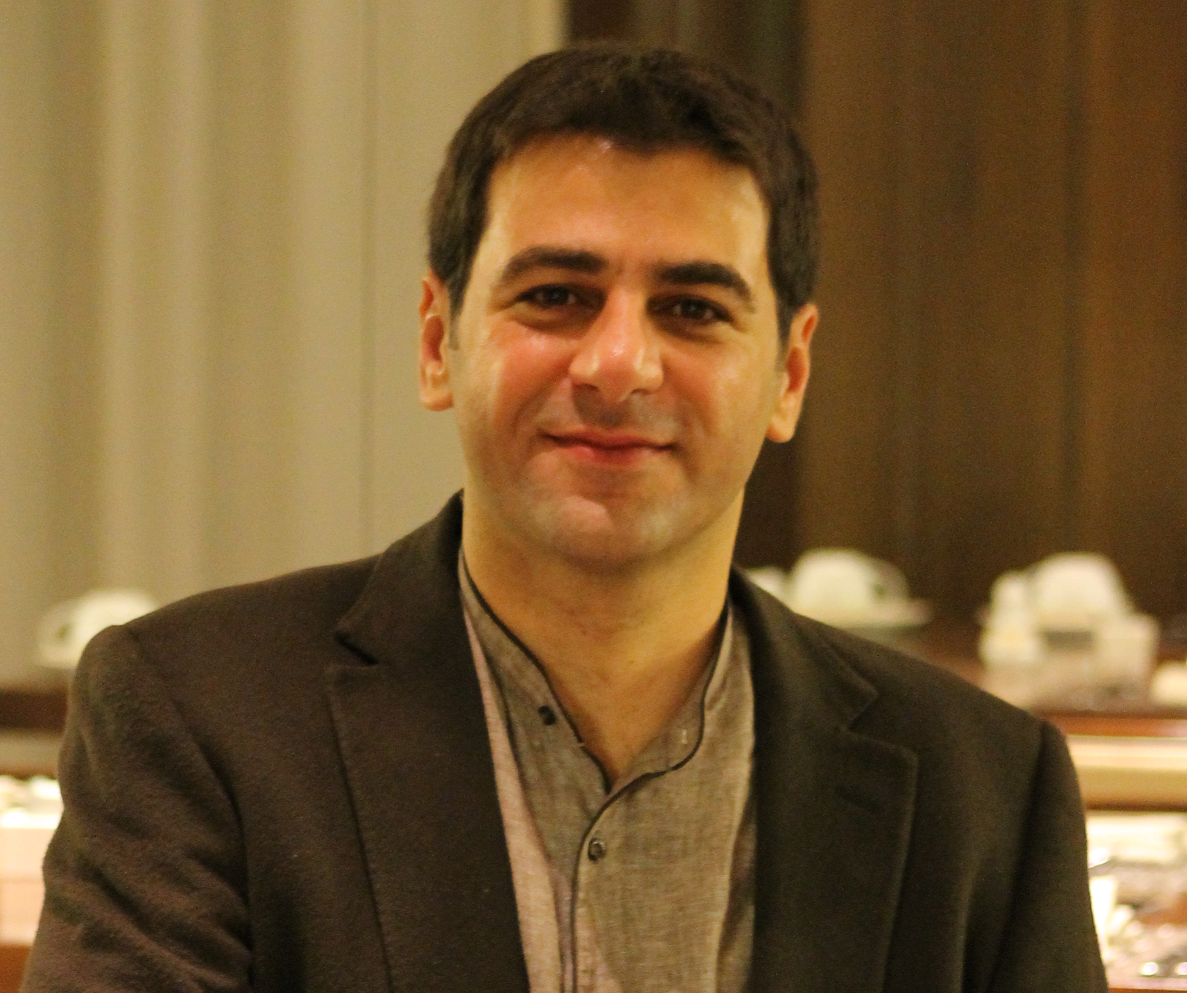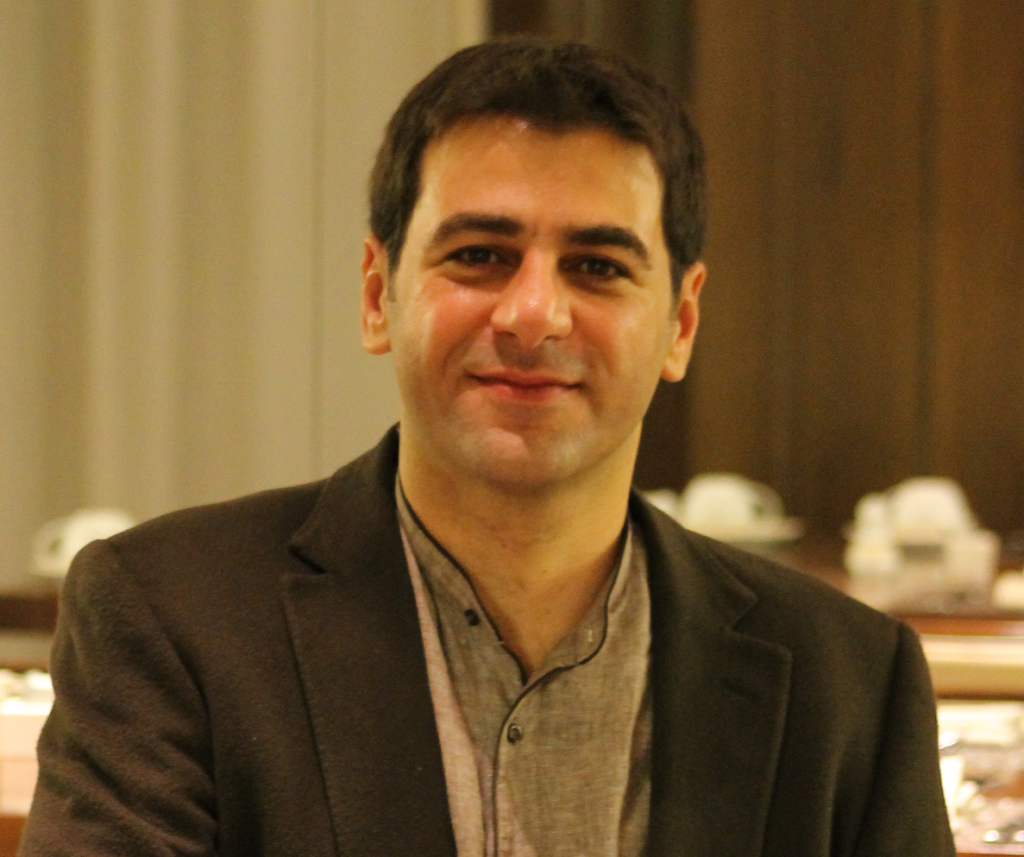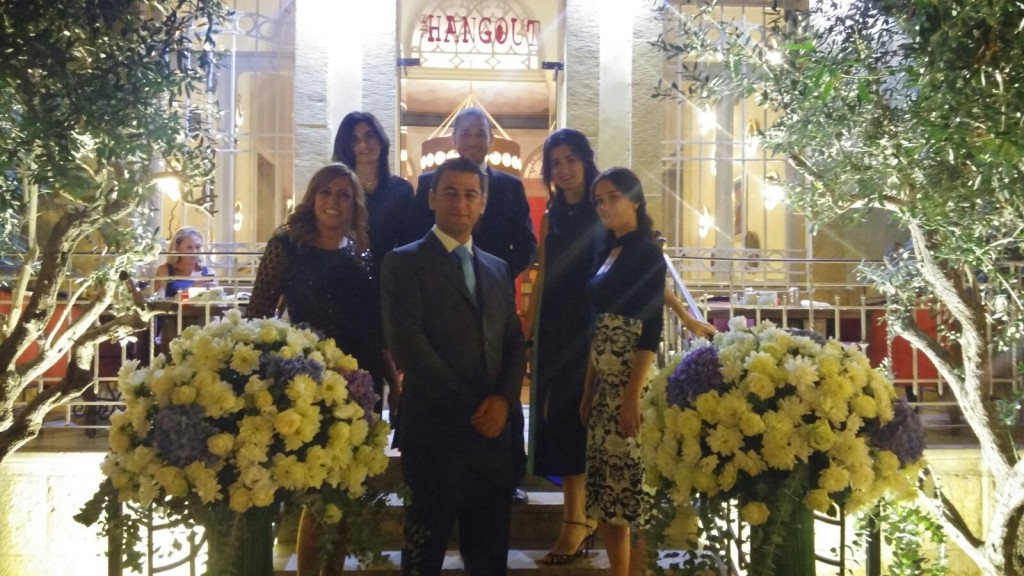Phoenix Clinical Research, as its name suggests, is a Clinical Research Organisation (CRO) specialised in the clinical research field – performing tests on new medications to assess their safety and efficacy before they are marketed to the public. Each drug passes through different testing phases which could last up to 10 years, before their respective studies are submitted to the authorities: the FDA in the USA & the EMA in Europe for example.
In order to perform the tests, Phoenix CR contacts physicians, who enroll patients to test the new medication. Phoenix CR follows up with the physician to make sure the patient is compliant with the study protocol, intake of study medication and ensure the patient’s safety. Phoenix CR is specialized in studying medication for rare diseases, genetic diseases, oncology, and hematological diseases like hemophilia, thalassemia and more frequent diseases such as type 2 diabetes.
While launching a clinical research startup company might sound like a daunting mission to some, to Georges Labaki, it is a professional challenge that he has successfully conquered.
A doctor in pharmacy himself, Georges is specialized in clinical research with a long career path carved in the field. After years of working with multinationals, Georges started Phoenix CR in 2012. “I created Phoenix CR mainly because of the bad experiences I had in some companies I worked with: injustice towards employees, bad strategy, lack of vision, and the list goes on. I wanted to create a healthy work-life balance and a nurturing work environment to attract people with talent to work with me,” confirms Georges. Phoenix CR currently operates in 7 countries, with a team of 7 people in its Beirut office located in Berytech Health & Technology and Cairo, Egypt; in addition to a network of freelancers across the MENA region.
The biggest challenge that Georges faced in launching his company was finding projects: “Projects in clinical research take years to finish and you don’t always have new projects starting up. When I started my own CRO, I didn’t have a single project for the first 8 months. I was perseverant. I used to come to the office 8 hours a day at least, every single day. I contacted clients, followed up with leads, worked on the website, finished the brochures and tackled every marketing channel possible.”
The challenges that Phoenix CR faces today are different. With plans to expand to Iran and Switzerland in 2016, Georges faces financial challenges. “Expansion is costly. Projects do not come immediately and waiting means having a team of highly paid employees with a small workload. But I’m quite positive; the most important thing is maintaining an honest reputation in the market,” says Georges, who views his expansion to Switzerland as a very strategic move, “Unfortunately, the western world has a negative image toward the Middle East. Being present in Switzerland and operating in Europe will change the image of Phoenix CR for western clients.”
Georges envisions Phoenix CR to be the first Clinical Research Company in Lebanon by 2017, differentiated by its high quality approach and its specialization in niche services, not available in competing companies. These include technology services, electronic solutions, biostatistics services and setting processes and guidelines for medical institutions and hospitals.
The biggest discouragement that Georges received at the beginning of his entrepreneurial journey was mostly from his family, who thought that his venture was too risky and that it was sounder for a pharmacist to just open a pharmacy. “I cannot work in something that is very small-scale and limiting,” says Georges, “ My vision is different.”
Ironically, Georges’ role model is his father, who has been an independent contractor all his life: “He has always been an entrepreneur and my biggest inspiration.”
With his entrepreneurial spirit set loose, Georges is creating a second company in parallel to Phoenix CR that is developing a new travel kit to test food safety. Inspired by food poisoning instances with friends and family in countries such as India, Africa, Thailand, Egypt, Georges who also likes to travel and discover international cuisines, decided to fully explore the idea of a portable food safety testing kit.
With Berytech’s support, Georges has already participated in the Big Booster competition, a global competition that takes place between the city of Lyon and Boston, in collaboration with Massachusetts University. “452 companies applied and 72 only were selected, including us, the only Lebanese company in that selection. The project is still at the ideation phase. The prototype has not been created because it will need a big investment, but hopefully that will come very soon,” announces Georges, who plans on developing and marketing the project with a European or American company.
Georges’ advice for aspiring entrepreneurs is very straightforward: “Channel your energy, because if you think of many projects at the same time, the risk of failing is higher. Start with one project. Be perseverant and resilient, you might not succeed from the first time. You might, and you will fail at times, but at the end you will succeed. It is the practice and persistence, the number of hours you spend on your project that will make you succeed. Don’t think of profit in the first year, think long term.”
Follow Berytech on Facebook and Twitter to stay up to date with Berytech’s activities.










